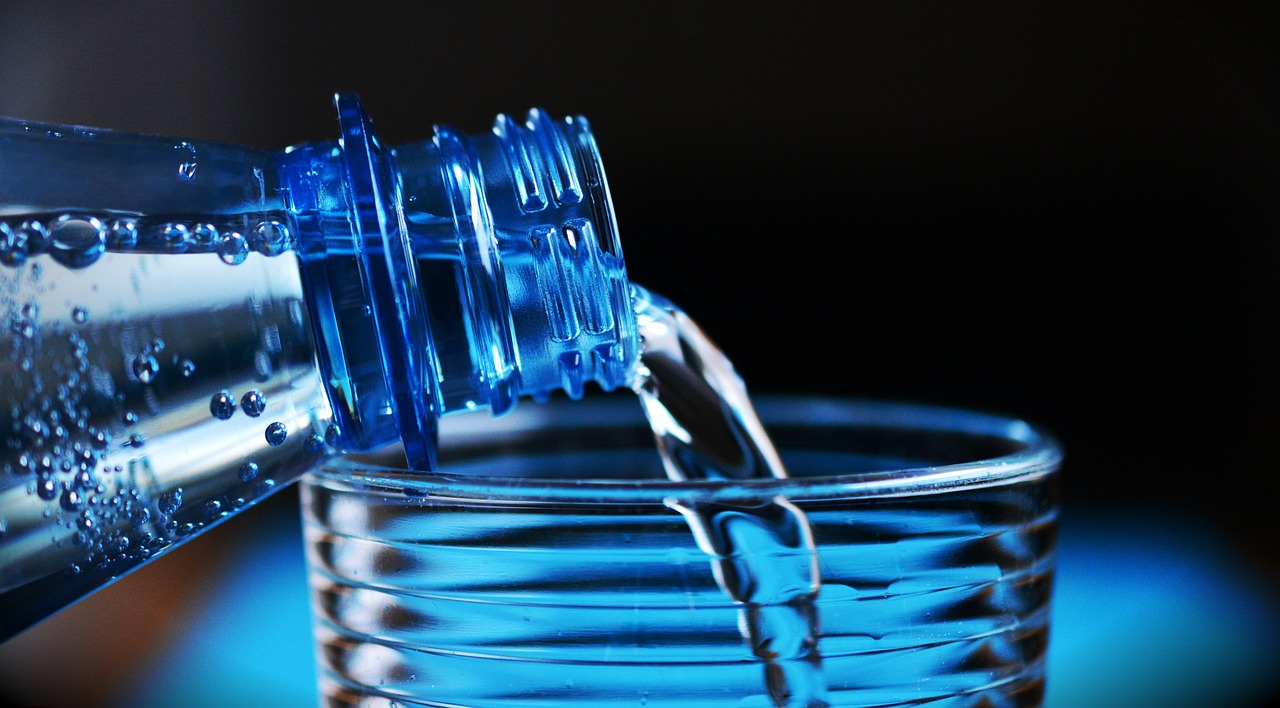
Staying hydrated helps the body to work properly!
Staying hydrated is one of the most important yet often overlooked aspects of health and fitness. Whether you’re hitting the gym, running errands, or just lounging at home, your body relies on water to function properly. Hydration affects everything from your energy levels to cognitive function, digestion, and the effectiveness of your workouts.
Let’s dive into why hydration is key and practical tips to ensure you’re getting enough water each day.
Why Hydration Matters
The body contains around 60% water, so staying hydrated is crucial for its proper functioning. Water helps with:
- Regulating body temperature. Whether you’re sweating during a workout or lounging on a hot day, water helps cool your body down.
- Maintaining physical performance. Dehydration can cause fatigue, muscle cramps, and dizziness, making it harder to exercise effectively.
- Aiding digestion. Water keeps your digestive system moving smoothly, preventing constipation and supporting nutrient absorption.
- Boosting brain function. Even mild dehydration can affect concentration, memory, and mood.
- Detoxifying your system. Water helps flush out toxins, supporting your kidneys and liver in their role of maintaining internal health.
Daily Tips for Staying Hydrated
Hydration doesn’t just come from chugging water all day long. Here are some simple ways to maintain hydration throughout your day:
- Start your day with water. After sleeping, your body is naturally dehydrated. Kickstart your morning by drinking a full glass of water before eating or drinking anything else.
- Set reminders. If you’re the type who forgets to drink water, set alarms or reminders on your phone every couple of hours. Apps like “Water Reminder” can track your intake and prompt you throughout the day.
- Flavor it up. Struggling to drink plain water? Add natural flavors by infusing your water with lemon, mint, cucumber, or berries. Herbal teas can also help with hydration while providing some variety.
- Eat hydrating foods. Fruits and vegetables such as watermelon, cucumbers, oranges, and spinach are high in water content. Incorporating them into your meals and snacks can help boost your hydration without extra effort.
- Drink during meals. Make it a habit to drink a glass of water with every meal. Not only does this aid digestion, but it also ensures you’re consistently hydrating throughout the day.
- Carry a water bottle. Keep a reusable water bottle with you wherever you go. If it’s within reach, you’re more likely to sip throughout the day.
- Hydrate before and after workouts. Exercise causes fluid loss through sweat, so it’s crucial to drink water before, during, and after workouts to replenish lost fluids.
How to Tell If You’re Hydrated
It’s important to know the signs of both hydration and dehydration. Here are a few indicators:
- Urine color. One of the easiest ways to gauge hydration is by checking your urine. Ideally, it should be a light, pale yellow. Dark yellow or amber indicates dehydration.
- Dry mouth and thirst. If you’re feeling thirsty, you’re already slightly dehydrated. A dry mouth, lips, or skin can also be a sign of insufficient water intake.
- Fatigue and headaches. Dehydration often manifests as tiredness, difficulty concentrating, or even headaches. If you’re feeling sluggish, it might be time to drink some water.
- Skin elasticity. Try the “pinch test” by gently pinching the skin on the back of your hand. If it quickly returns to its normal position, you’re likely hydrated. If it takes a moment to snap back, you might need more water.
What to Do If You’re Dehydrated
If you suspect you’re dehydrated, don’t panic, but do take immediate steps to rehydrate:
- Drink small amounts frequently. Instead of chugging large amounts of water, drink small sips every few minutes. This will help your body absorb the water more effectively.
- Replenish electrolytes. If intense exercise or heat causes dehydration, you may need to replenish lost electrolytes. Coconut water, sports drinks, or electrolyte tablets can help restore sodium, potassium, and other essential minerals.
- Eat water-rich foods. As mentioned earlier, hydrating foods can help rehydrate your body. Reach for fruits like oranges, strawberries, or grapes if you’re feeling dehydrated.
- Rest and cool down. If your dehydration is due to heat or overexertion, take a break in a cool, shaded area and allow your body to recover as you hydrate.
Conclusion
Proper hydration is essential to maintain your energy, focus, and overall well-being. By making small, consistent efforts to drink water and eat hydrating foods, you can ensure that your body remains in top shape, ready to tackle whatever the day throws at you. Stay hydrated, stay healthy, and remember, water is your body’s best friend!
If you need more personalized advice on how to tailor hydration strategies to your fitness routine, feel free to reach out to me at Ar31ea Fitness for a consultation! Let’s stay on top of your health, together.
— Coach Dontey at Ar31ea Fitness



